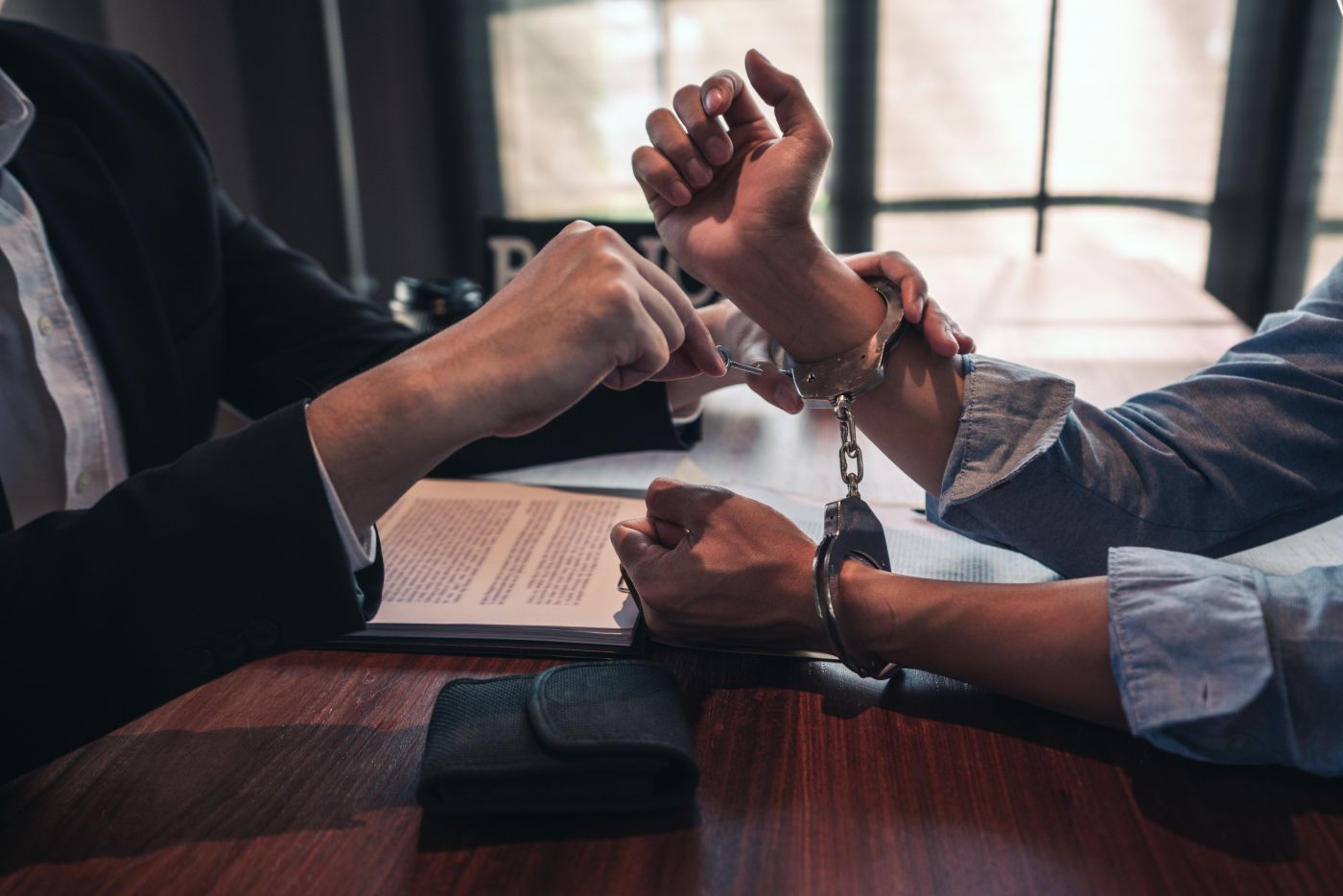Do not allow police officers to speak with your child without you first having an opportunity to speak with your child and do not allow them to speak with your child without you present. Contact an attorney so you and your child can make the most informed decision on how to proceed and what information you should or should not provide to police given your circumstances.
Get a Free Consultation
As a parent, it is important for you to speak with your child to inform him or her of some key things to keep in mind if he or she is ever taken into police custody:
Do not speak with police without a parent/guardian present, even if you’re at school or some other “safe place.”
Tell the officers that you will not answer any questions until a parent/guardian or your attorney is present.
Provide your name and the contact information for your parent/guardian.
If you receive a call that your child is being questioned by police, tell the officers to stop speaking with your child immediately and go to your child’s location. Police cannot question a minor until the minor has been able to speak with a parent/guardian or attorney. Do not let your child speak with officers unless you have spoken with an attorney or an attorney is present. Ask if your child is being taken into custody or if you and your child can leave. If your child is allowed to leave, do so, then contact an attorney to discuss the situation.
If you receive a call that your child is in police custody, tell the officers not to speak with your child without a parent/guardian or attorney present and immediately contact your attorney. After your child is taken into custody, he or she will either be released to a parent/guardian under the written promise to bring the child before juvenile court at a later time OR the child will be placed in a detention center. This depends on a few factors, including: (1) whether the child is unlikely to appear before the juvenile court for subsequent proceedings, (2) the severity of the alleged crime, (3) whether detention is essential to protect the child or the community, (4) if the parent/guardian cannot be located or is unwilling to take custody of the child, or (5) if the child has a reasonable basis for requesting not to be released. If your child is taken into custody, contact your attorney.
If your child is placed in a detention center, the law enforcement officer must immediately notify the parent/guardian of where the child is being held and the reasons for the detention. A detention hearing will be held within 48 hours (excluding weekends and legal holidays) from the time the child is taken into custody. Notice of the time, place, and purpose of the detention hearing will be given to the child and the parent/guardian if they can be located. The parent/guardian will be given an opportunity to be heard at the detention hearing. At the detention hearing, the court will inform the child and the parent/guardian of the child’s rights and the allegations against them.
The pertinent statutes regarding juvenile delinquency can be found in Indiana Code 31-37-4, 5, 6, 7. You can Google them to obtain more information.
If you find yourself or your child in need of legal help, please call us immediately at (855) 582-7900. We have experienced criminal defense attorneys standing by to speak with you. We have seven offices located throughout Indiana and offer convenient virtual meetings from the comfort of your home.
Contact us today!




